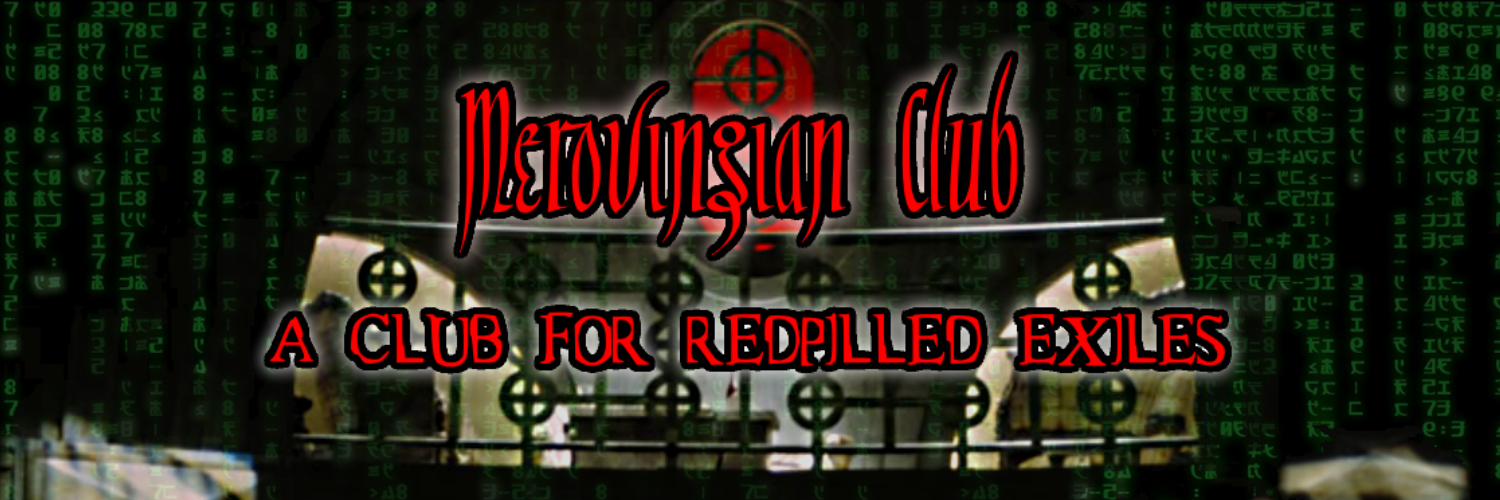Korean pronunciation rules / Resyllabification ("Spill-over) rules / How to pronounce Korean words
Your Korean Tutor
https://www.youtube.com/watch?v=8irqn4CcgAw
Resyllabification and Pronunciations of Korean Consonants
Say Jack dot com
@shortstories interesting to know. But will need time to adapt to it because it is confusing this system for me.like few arabic words that start at the begining make different sound than .
1 There are symbols added to Arabic consonants that change them and add other hidden consonants
2 There are symbols that mark vowels added to both Hebrew & Arabic consonants
3 There are symbols which change one consonant to another in both Arabic & Hebrew
4 In both Arabic and Hebrew some of the consonants sometimes act like vowels. English also does this with the letter Y and Greek does this as well where an iota sometimes acts like a Y consonant and sometimes like a vowel
5 In Arabic there are four different forms of every consonant and consonants change form depending on the position of other consonants next to each other. In Hebrew some consonants have two forms and some have only one form. When Hebrew has an extra form of a consonant it is the final form.
@Stahesh
A consonant has an isolated form when not other consonant is before or after it
An initial form when there is a consonant after it but no consonant before it
A middle form when there is one consonant before it and one consonant after it
A final form when there is a consonant before it but no consonant after it
Now it is more complicated than I say and there are some exceptions
Although people think of Arabic as cursive it is not & has more breaks
Alif breaks after certain lettrrs
The letter Yod in Hebrew is similar to the Greek Iota and the English Y
When Iota is at the start of the word it is a Y consonant but if it is in the moddle of the word it is a vowel
If I remember correctly
The word David has a Yod where the i would be in English
Israel has a Yod where the I would be in English
It is spelled Yod not Yid like I spelled earlier and in arabic it is called Ya
When you see a Y at the beginning of a word that was from Greek it is often a Iota and when the Y is in the middle of a word it was often a upsilon
You will find certain patterns between Greek and Hebrew
And between Hebrew and Arabic
And between Greek and English
When it comes to certain letters that sometimes act like vowels and sometimes act like consonants
There is a certain shared History tracing back to either Ancient Hebrew and or Ancient Phonecian for all of them

@Stahesh
Alif, Waw or Vav, Ayin and Yid sometimes act like vowels and sometimes act like consonants in Arabic and or Hebrew and they are spelled different but very similar in each when written with English letters and I might be mixing up the spelling